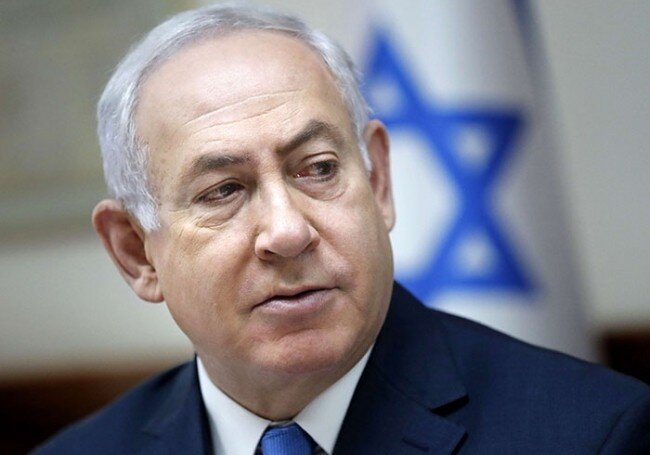The 13th international conference of the Zionist Institute for National Security Studies was attended by a number of Israeli and world political and military experts and decision makers. The attendees believed that in the light of the fragile Middle East situation, there were several major threats to Israel:
- Difficulties in assessing the consequences of regional developments on the security of the Zionist regime.
- Israeli adversaries’ access to advanced experiences and sciences through advanced and, of course, inexpensive technologies.
- Difficulty in trusting the contradictory realities of the world that undermine the quality of decision-making by Israeli officials.
- Powers capable of changing regional calculations.
According to the report, IDF Intelligence Directorate head Major General Tamir Heyman believes that nuclear capabilities is focused in Iran. He stated that there is no substitute for Qassem Soleimani, the chief factor in the region's resistance against the US, who turned Israel to a military entity from an organizational system.
The so-called Deal of the Century was proposed by U.S. President Donald Trump under the pretext of resolving Palestinian-Israeli conflict but actually aimed at removing the issue of Palestine. Announcing the plan escalated tensions and destabilized the current balance between two sides.
In this regard, former U.S. National Security Adviser H. R. McMaster believes that if China continues its economic war and seeks to dominate the global economy, it will also attempt to achieve strategic positions, including ports in the occupied territories.
The former commander of U.S. Central Command General Joseph Votel believes the U.S. is less reliant on its energy resources in the region than in the past, and that its biggest motive in the Middle East is to destroy the axis of resistance. In this regard, the regime, which is Washington’s most important ally, will be disturbed if the U.S. decides to withdraw its troops from Iraq and Syria.
By examining the strategic situation of the Zionist regime, we find that Israel's position against its neighboring countries, and in particular the states that form the axis of resistance, is challenging and worrying, and the Zionists have had to resort to “the campaign between the wars" strategy. The examination of Israel’s situation in the Middle East and its developments and calculations raises several possibilities and hypotheses.
Assessing the general situation in the region suggests various scenarios regarding increasing risks for the Zionist regime due to the weakness and fragility of the Middle East’s conditions. The first hypothesis is whether under these conditions the various Israeli coalitions can meet its interests in the Middle East. Definitely not!
On the other hand, a Zionist government-affiliated security polling organization recently stated that public confidence in the Israeli government is less than 30 percent, according to a report by its latest poll of Israeli citizens.
Therefore, the influence of the Zionist regime in the region relies on the United States. If Washington’s influence in the region declines, which seems very close given the shift of calculations in the favor of the axis of resistance, Israel will not be able to change the region’s calculations in its interest.


No comments:
Post a Comment